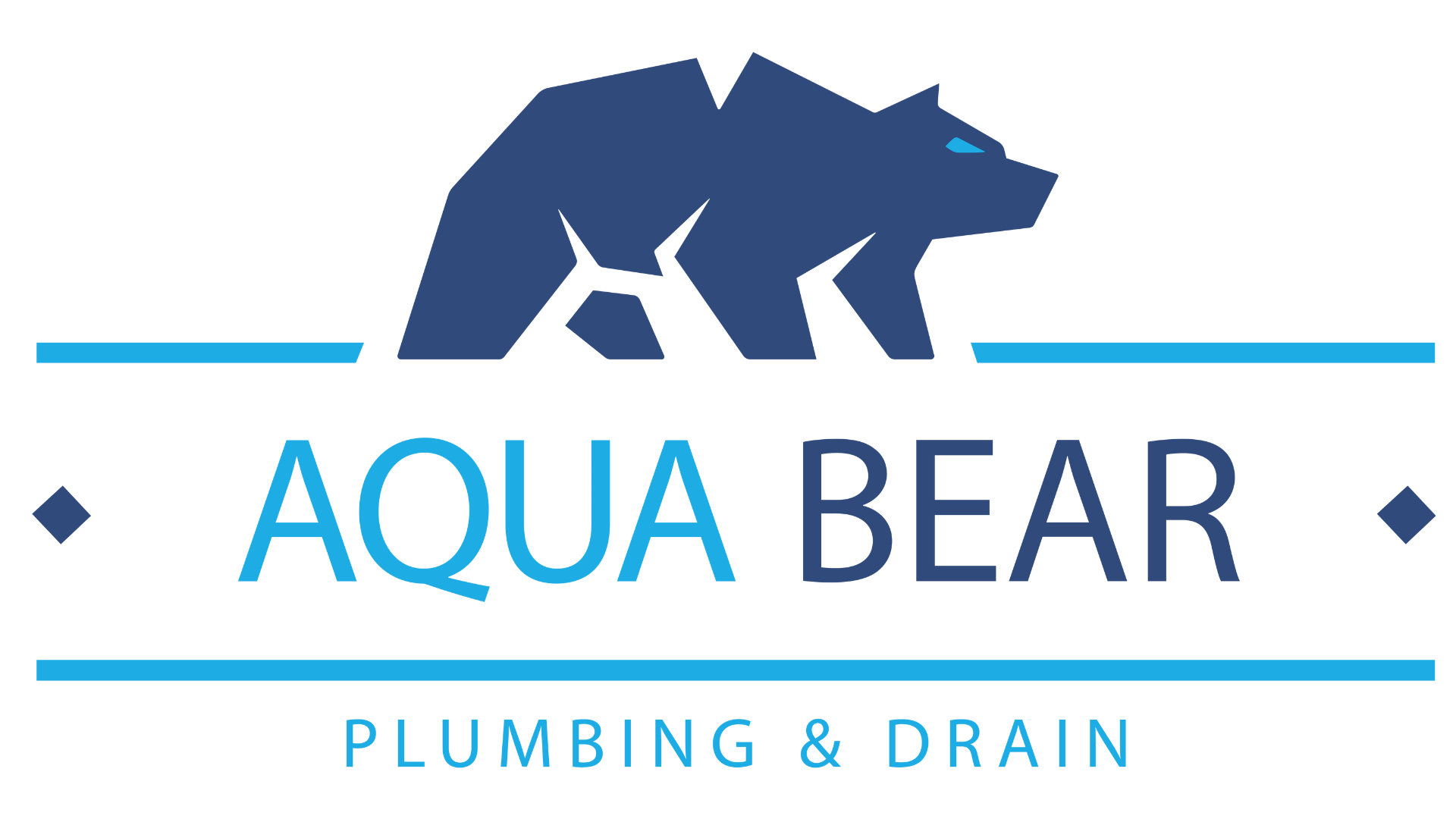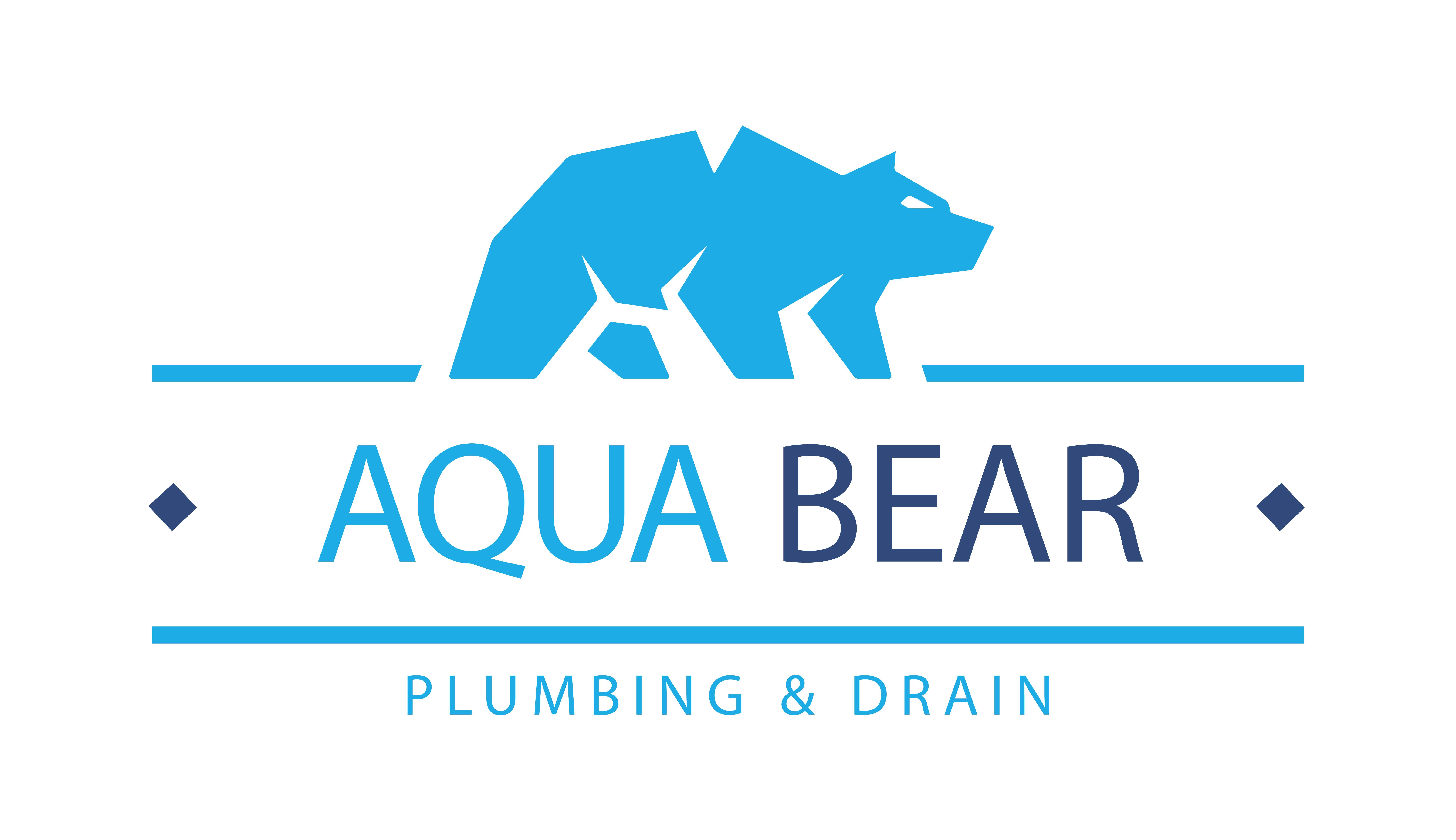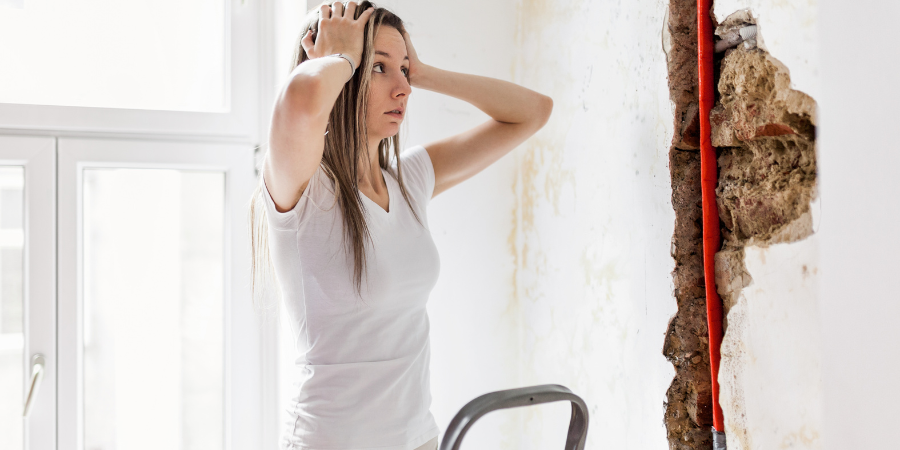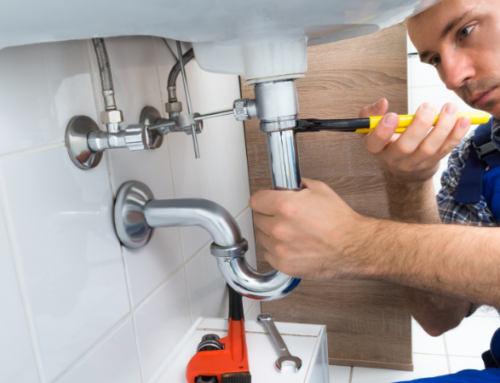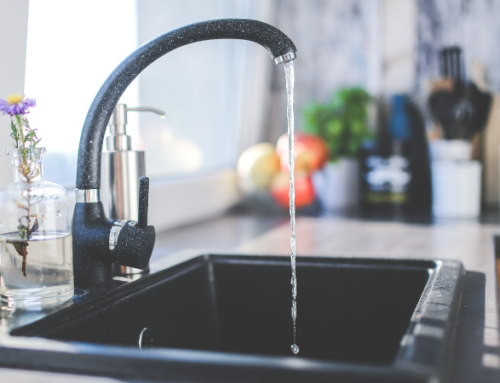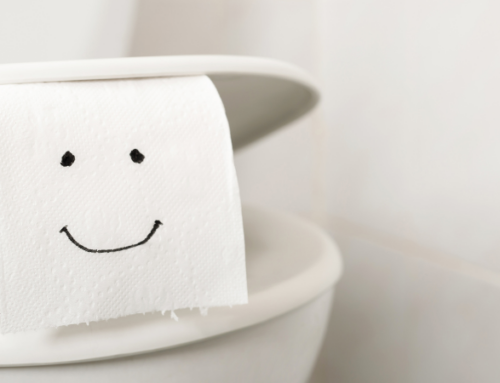Gas Line Installation, Maintenance, And Repairs
If you have availability to natural gas, it is a benefit to have a gas line installed in your home by a professional plumber. Natural gas can be used to power furnaces, water heaters, outdoor fire features such as grilles and firepits, clothing dryers, and more. Natural gas is a reliable, clean-burning source of fuel that is always available and relatively inexpensive to purchase. So, installing a gas line is a good idea but is it a good idea to install it yourself? No, and here is why!
Safety
In the past, you may have completed some pipe repair on your own so you believe you are capable of running a gas line. The difference is safety. A poorly repaired plumbing pipe may leave you with a wet ceiling or low water pressure but the consequences of erroring with a natural gas line installation can be fatal. Natural gas is explosive, leads to fires, and can create health issues if a gas leak develops. The risks involved in a DIY gas line project far outweigh any savings you may enjoy by doing the job yourself.
Regulations And Codes
In addition to safety concerns, gas installations require expertise in understanding local and state regulations. These regulations are put in place to protect you and your neighbors and DIYers are not in the know about these rules.
A professional plumber will maintain up-to-the-minute knowledge about current codes and regulations which are constantly being revised to keep up with technological advancements.
For work that requires a permit, professional plumbers are often the only ones permitted to obtain them. If you attempt to sideswipe the system and do the work yourself after obtaining a legitimate permit, you could face severe fines and even be made to remove the work you completed without a plumbing license. Again, the consequences are not worth the risks.
Common Errors Made By DIYers
As stated previously, the internet has hundreds of videos describing how to install a gas line, and many homeowners have attempted the project despite understanding the dire consequences of a poorly installed line. Here are 3 common errors we see with DIY gas line installations:
- Incorrect Fitting Or Alignment Of Pipes: This error can lead to gas leaks, fire hazards, and carbon monoxide poisoning. Poorly installed pipes can cause gas-powered appliances to fail and expensive repairs to undo the work you did.
- Lack Of Proper Tools: Installing a natural gas line not only requires expertise it also requires advanced tools that many homeowners do not own. This leads to compromising and when you are dealing with gas, compromises should be avoided.
- Improper Testing And Maintenance: Once a gas line is installed it must be properly tested for leaks. This is a step many DIYers neglect with dire consequences. Additionally, gas lines need yearly inspections to check the integrity of the line and all of the appliances that run on natural gas to be certain there are no safety issues.
Sewer Line Backups
Sewer line backups are a serious plumbing event where the normal flow of sewage and wastewater is reversed and the waste meant to exit your home ends up in your sinks and tubs. You will be alerted to sewer line issues if you find standing water or sewage puddling in your yard. As waste material seeps out of damaged pipes it will eventually make its way to grade level. You can also bet you have a sewer issue when multiple fixtures in your home are operating incorrectly. Slow to empty drains or toilets that gurgle when flushed are clear indicators your sewer line needs attention. This unsanitary and messy event should never be addressed by DIYers and here is why.
Chemical Dangers
There is a wide assortment of chemical drain cleaners on the market which are designed to attack organic materials like soap scum, food particles, and hair. These are commonly the first choices when DIYers respond to a backup. The majority of these cleaners included sulfuric acid while some are based on lye or caustic soda. Regardless of their makeup, all chemical cleaners corrode plumbing pipes breaking down their linings leading to weakened pipes, leaks, and even pipe bursts. These products do a good job of removing blockages from plumbing lines but the harm they inflict on pipe interiors is not worth it.
The fumes from chemical cleaners are toxic and if breathed in can cause an increased risk of developing asthma or other respiratory diseases. DIYers may have prolonged exposure to these fumes when cleaning up a sewer backup, and not be aware of their danger. The potential for chemical burns when cleaners come in contact with skin and eyes is another reason to avoid DIY responses to sewer backups.
Difficult To Access
A small clog in a drain or a toilet that will not flush properly is simple to remedy for most DIYers however, a sewer line blockage is far more difficult as the problem is occurring deep within the plumbing system and not easy to access.
Some causes of sewer line issues are tree root invasion, corroded pipes, accumulating organic materials, or movement in the soil surrounding the sewer line. These issues are not simple to resolve and require advanced knowledge and specialized equipment not normally available to DIYers.
Sewer lines are installed deep underground and are not easy to reach. These problems may eventually require excavation of the sewer line to make necessary repairs or to replace the line and this certainly does not fall into the DIY category.
Sewage Is Harmful To Humans
Direct contact with sewage can be harmful to anyone but especially to those who do not take extreme caution. Sewage and wastewater are full of bacteria, fungi, and viruses that can cause an assortment of health issues such as intestinal and lung-related infections.
Additionally, when a sewer backup occurs the fresh water supply can become contaminated, and accidental consumption may occur. Drinking sewage-laced water is not only offensive, it can bring on severe issues in your digestive system leading to fever, diarrhea, nausea, and vomiting.
Modifying Current Plumbing
When making repairs or replacing plumbing lines and fixtures many things can go wrong and without experience, DIYers may not be aware they are entering dangerous territory. Here we will discuss 3 reasons why modifying your current plumbing system yourself is a bad idea.
Codes And Standards
The Uniform Plumbing Code is used as a basis for local ordinances throughout the US. It covers all aspects of plumbing such as drainage, water supply, venting, fixtures, and faucets. Its purpose is to keep your plumbing system safe and working properly. DIYers usually do not understand the local plumbing codes and regulations imposed on plumbers and it is easy for them to unintentionally violate these rules.
They must understand different pipe materials and their limits for handling certain pressures and temperatures. They need to understand how to correctly connect varying pipe materials so that leaks can be avoided. Proper sloping of pipe must be adhered to so that water does not run too quickly or too slowly creating plumbing problems. There is a lot to know and most DIYers lack knowledge in this area.
Safety Issues
Not only can problems arise due to a lack of knowledge about codes and regulations, but an overall misunderstanding of basic plumbing techniques can cause personal injury.
Everyone knows that water and electricity do not mix and yet many DIYers overlook this relationship when making repairs. Refrigerators, dishwashers, and washing machines are perfect examples. When unclogging a drain line, for example, the relationship between plumbing and electricity can be forgotten and leave a DIYer in real danger of electrical shock, electrocution, and house fires.
Oftentimes DIYers do not own the proper tools to complete a plumbing job successfully. They opt for inappropriate equipment and end up cutting or bruising themselves.
Another source of personal injury occurs through burns. It is common for DIYers to expose themselves to scalding hot water or steam while working on water heaters or hot water supply lines. A lack of knowledge can be dangerous.
Incorrect Diagnosis
Another reason DIYers should avoid working on their plumbing systems is incorrectly diagnosing a problem. DIY plumbers may fix a clogged toilet only to find the issue reoccurring and indicative of a much more serious problem. Hiring a professional will ensure your plumbing issues are diagnosed correctly and, the entire plumbing system evaluated, so small issues can quickly and accurately be resolved.
Even if a DIY plumber makes a correct repair, they may not be aware that additional damage has occurred. A leaking pipe joint may be tightened but may leave behind hidden mold that can lead to serious health-related issues. A professional plumber will have the experience to thoroughly investigate issues and look for additional problems commonly linked to particular plumbing problems.
As tempting as it may appear to tackle plumbing problems on your own, we advise you to call us for all of your plumbing concerns. The consequences of risking the safety of your home, yourself, and your family are not worth the money you could potentially save.
As professional plumbers in the field for many years, we have witnessed the downside of DIY plumbing. Explosions, fires, mold and mildew, and fines are just some of the disasters we have seen. Plumbing licensing requires years of training and interning to develop the technical skills and knowledge needed to complete plumbing installations, repairs, and replacements with confidence. Avoid the dangers of DIY plumbing and call us when you need excellent plumbing services only a professional can supply!
